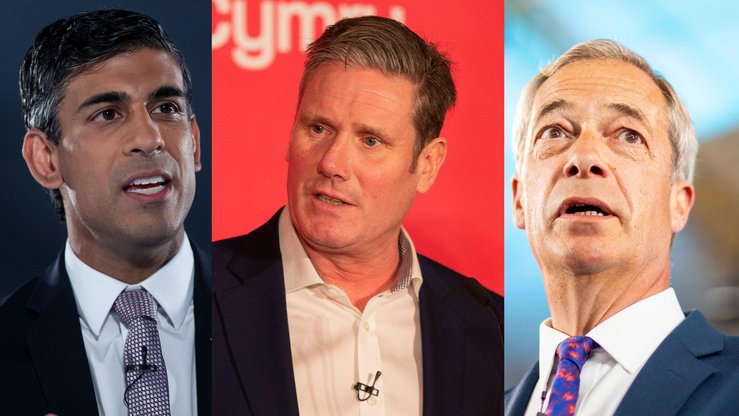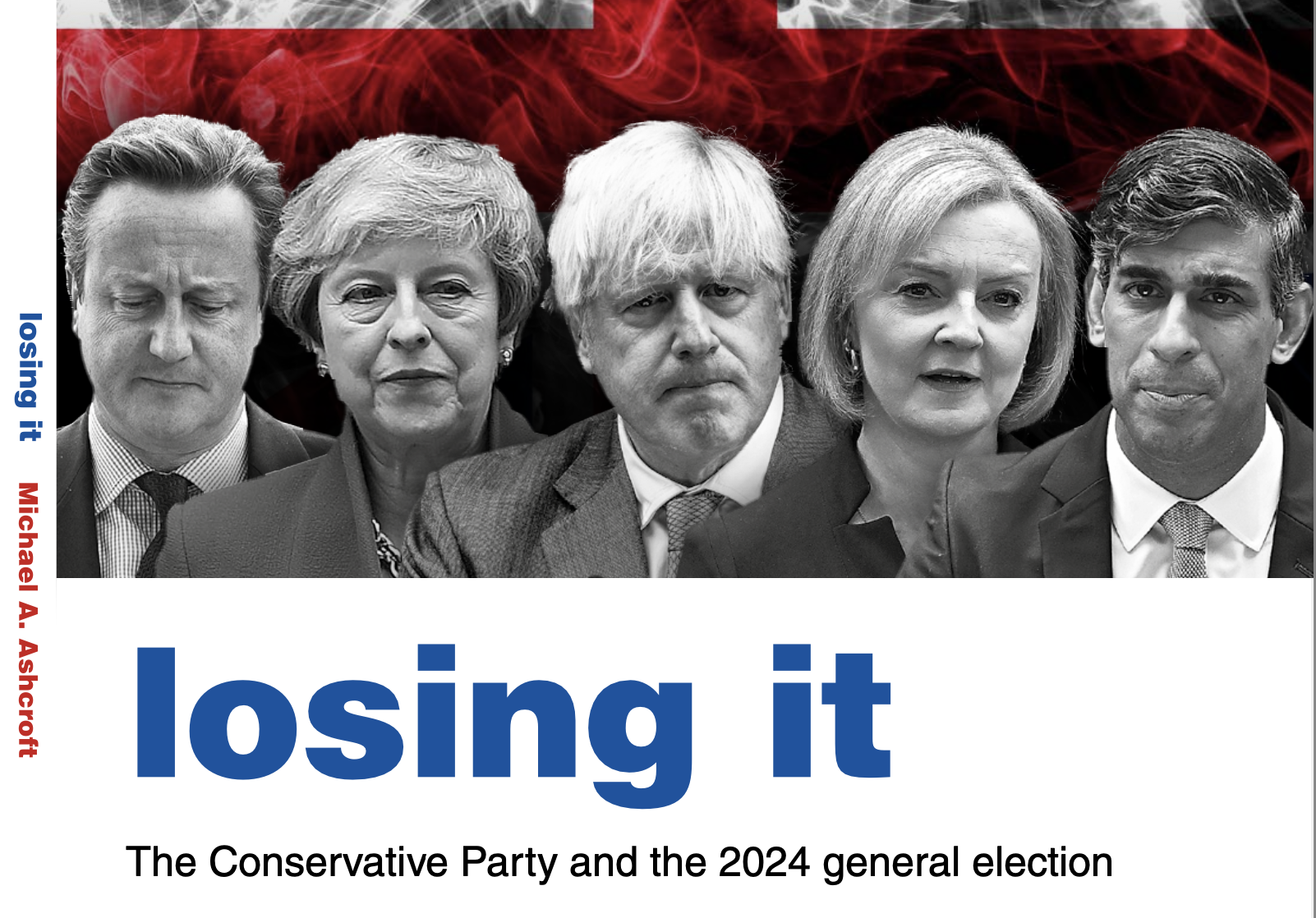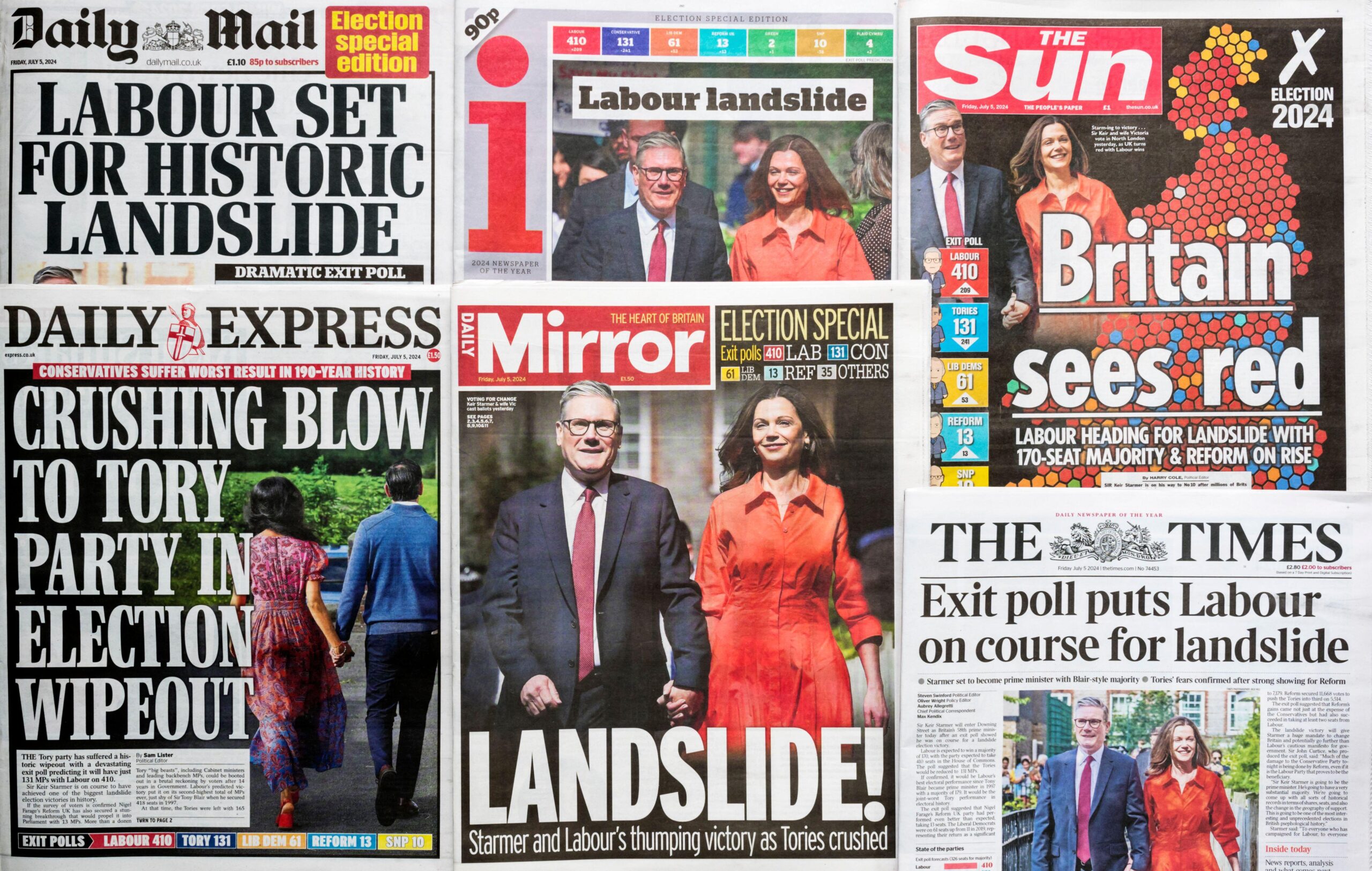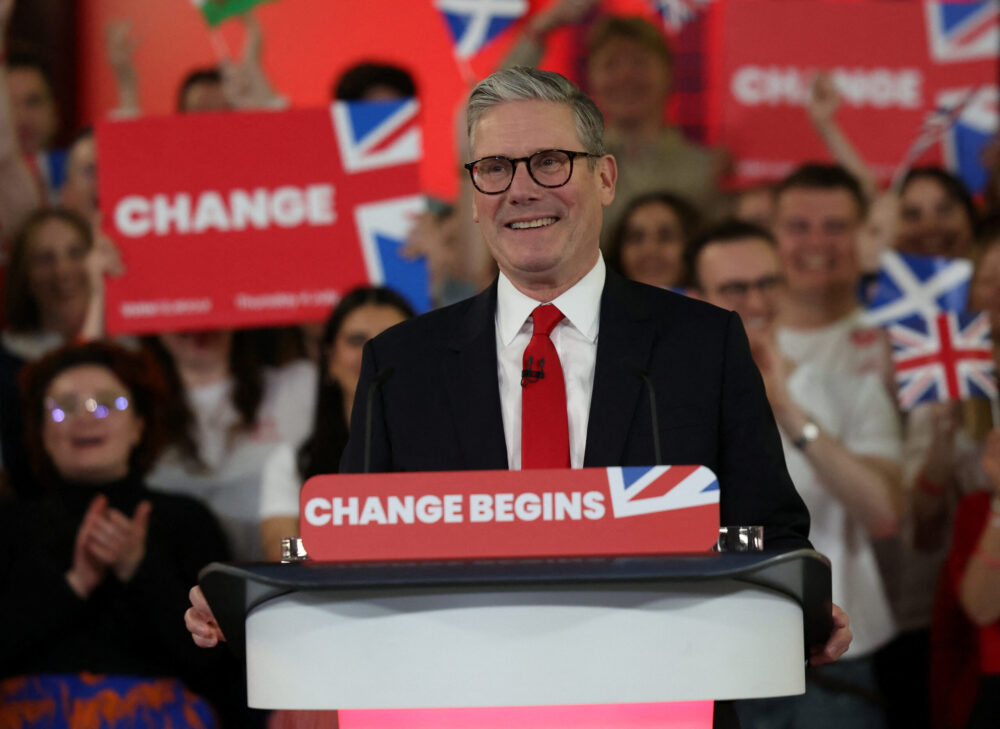
This article was first published in the Daily Mail.
Here’s what we know.
When we ask people their chances of voting for a particular party at the general election on a scale from zero to a hundred, 38 per cent of those who express a preference say they’re leaning towards Labour (which is lower than at any point in the campaign to date).
Another 19 per cent voters favour the Tories while 18 per cent favour Reform UK.
But we also know that almost half of all voters are yet to make up their minds.
And that, intriguingly, more than one in five of those who voted Conservative in 2019 still say, either, that they don’t know what they’ll do – or that they will not vote at all.
When we make them choose, three quarters of them say would rather have a Conservative government than a Labour one. Uninspired though they are by Rishi Sunak, the fact is they still prefer him over Keir Starmer by a decisive margin.
We don’t know if they will show up on election day, of course, or which way they’ll break if they do.
If all of these people – former Tories who say they don’t know or won’t vote but that, when push comes to shove, they prefer the Conservatives – do turn out for Rishi Sunak, my poll shows Labour’s lead narrowing from 19 points to 13 points.
And that is before we take into account those voters who have shifted from the Conservatives to Nigel Farage’s Reform UK.
If a significant chunk of these ‘Reformers’ do return to the Tories at the last minute, the Labour lead could narrow into single figures.
This, however, seems unlikely.
Three quarters of likely Reform voters say they have made up their minds – which is the same high proportion as among those leaning towards Labour or the Tories.
But most pollsters show that backing for Reform is down from its recent peak.
Nigel Farage has not had the best of weeks. My poll finds that most voters reject his assertion that the west ‘provoked’ Russia’s invasion of Ukraine by encouraging its neighbouring countries to join NATO or the European Union.
More than two thirds, including half of those leaning to Reform, say Ukraine had every right to join these bodies and that it would have been wrong to discourage those ambitions just because it might anger Putin.
Racist and homophobic comments from Reform campaigners will not have helped, either – although if Farage is proved right that Channel 4 used an actor to set up a recent undercover exposé of the party, we could be in for a dramatic late twist.
I found that those voters leaning towards Reform overwhelmingly think that a Labour ‘supermajority’ would be a bad thing for Britain. After all, these voters are more likely than most to think Labour will mean higher taxes, more debt, an even less-effective approach to controlling immigration and possibly, in some form, a step back towards the EU.
Some strategists hope that such fears will encourage those flirting with Reform to come back to the Conservatives, but the argument cuts both ways.
As I found last week, few Reform-leaning voters said the idea of a big Labour majority made them more inclined to vote Tory to ensure a proper opposition.
This group was more likely to say that, if the Conservatives were going to lose badly, they might as well back someone else.
It could be that the more they hear about a landslide, the freer they feel to make their point – and vote for a party they can get excited about. That party isn’t the Conservatives.
In my poll, most Reform-minded voters strongly disapproved of Sunak aides betting on the election date. They said it proved that people in power thought the rules didn’t apply to them – a longstanding impression of the Tories that goes back at least as far as ‘Partygate’. It is hardly the best platform from which to launch a last-ditch appeal.
Indeed, nearly half said that, if Labour win this week as expected, the Conservatives could be finished as a major party.
Voters’ general weariness is summed up by the fact that surprisingly few – only just over a quarter – think that anyone or other of the political parties would make a great deal of difference over the coming years, either to their personal situation or to the major challenges facing the country.
This weariness even extents towards the likely winners.
In focus groups staged in competitive seats around the country – usually comprising the kind of disgruntled former Tories that Labour has been trying to attract – we have not encountered anything approaching real enthusiasm for Starmer.
Even likely Labour voters are more pessimistic than optimistic about the future of Britain over the next few years.
Yet, with the centre-Right divided, we could see Labour win a commanding majority on a lower vote share than they achieved in 2017, a level of support which resulted in a hung parliament at the time.
And Labour could be in power for a while.
Only around a quarter of voters – and only half of Tories and Reformers – expect that a newly elected Labour government would be thrown out at the following general election.
The question is whether Starmer does anything with his time in office. Labour’s relative unpopularity suggests it could be tough going for him, after all.
Not that the Conservatives should take false comfort from any of this.
They would do better to reflect on how such an unconvincing opposition as Labour looks set to sweep them aside.


